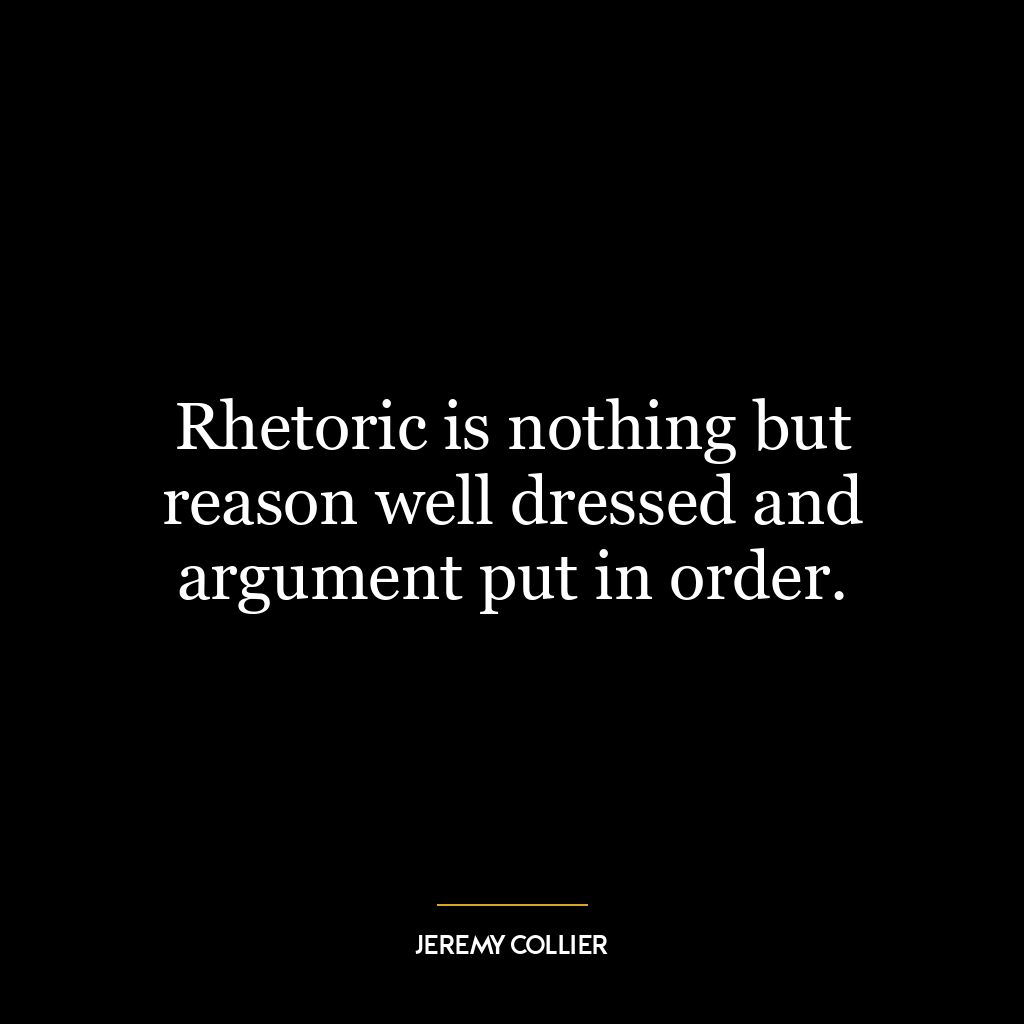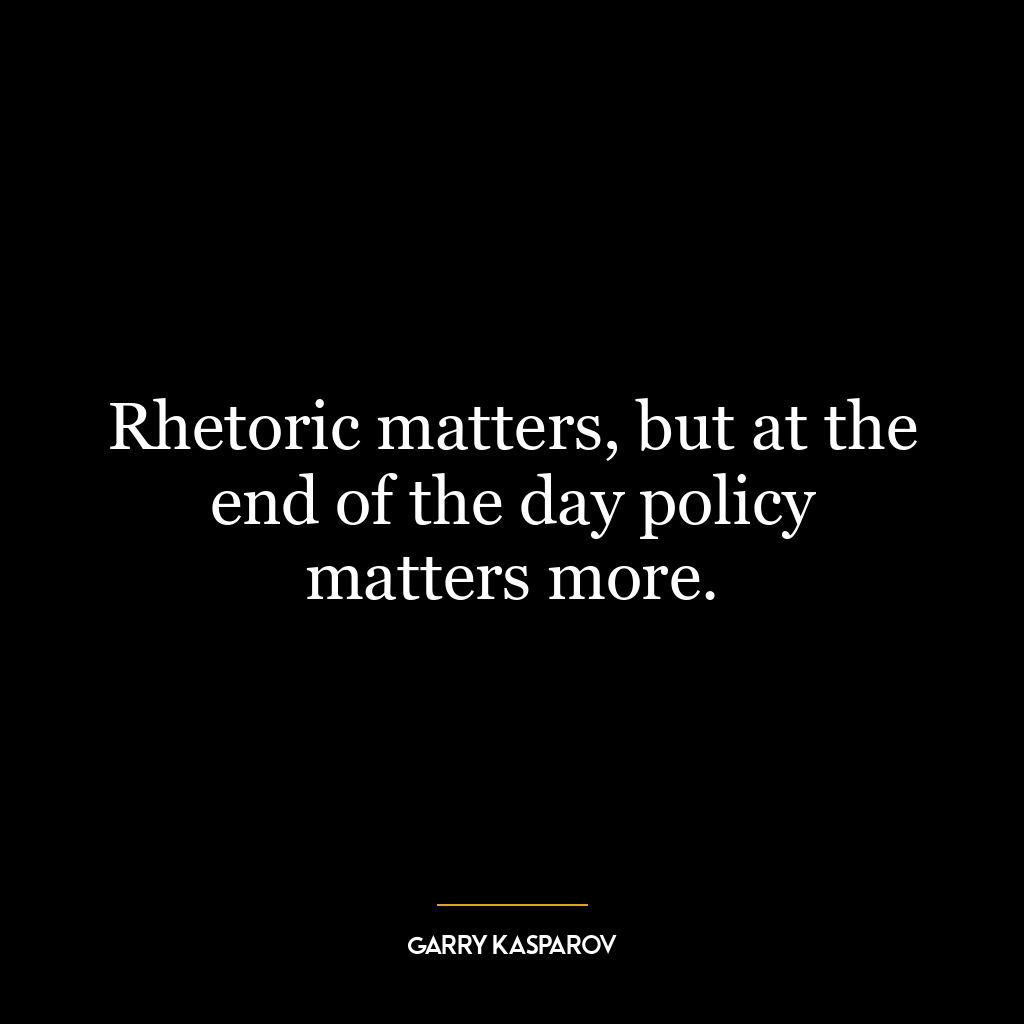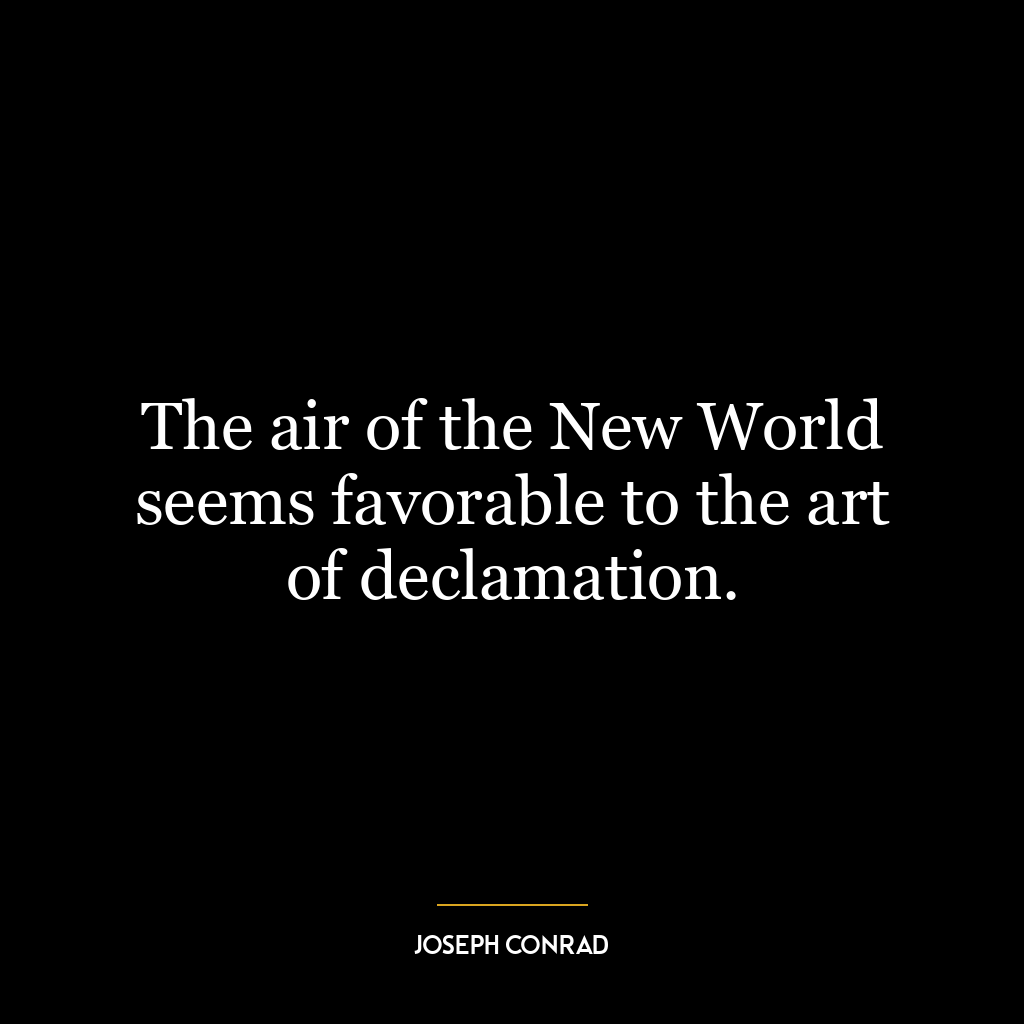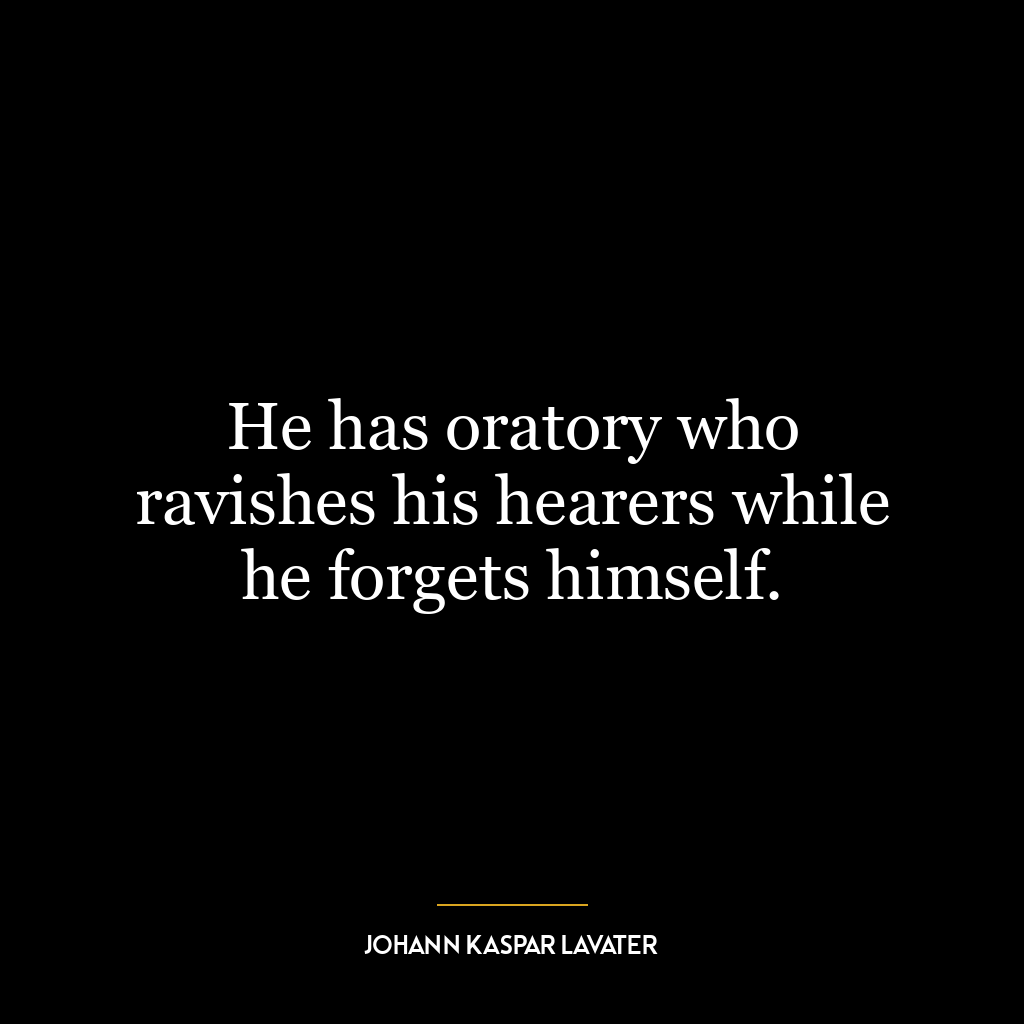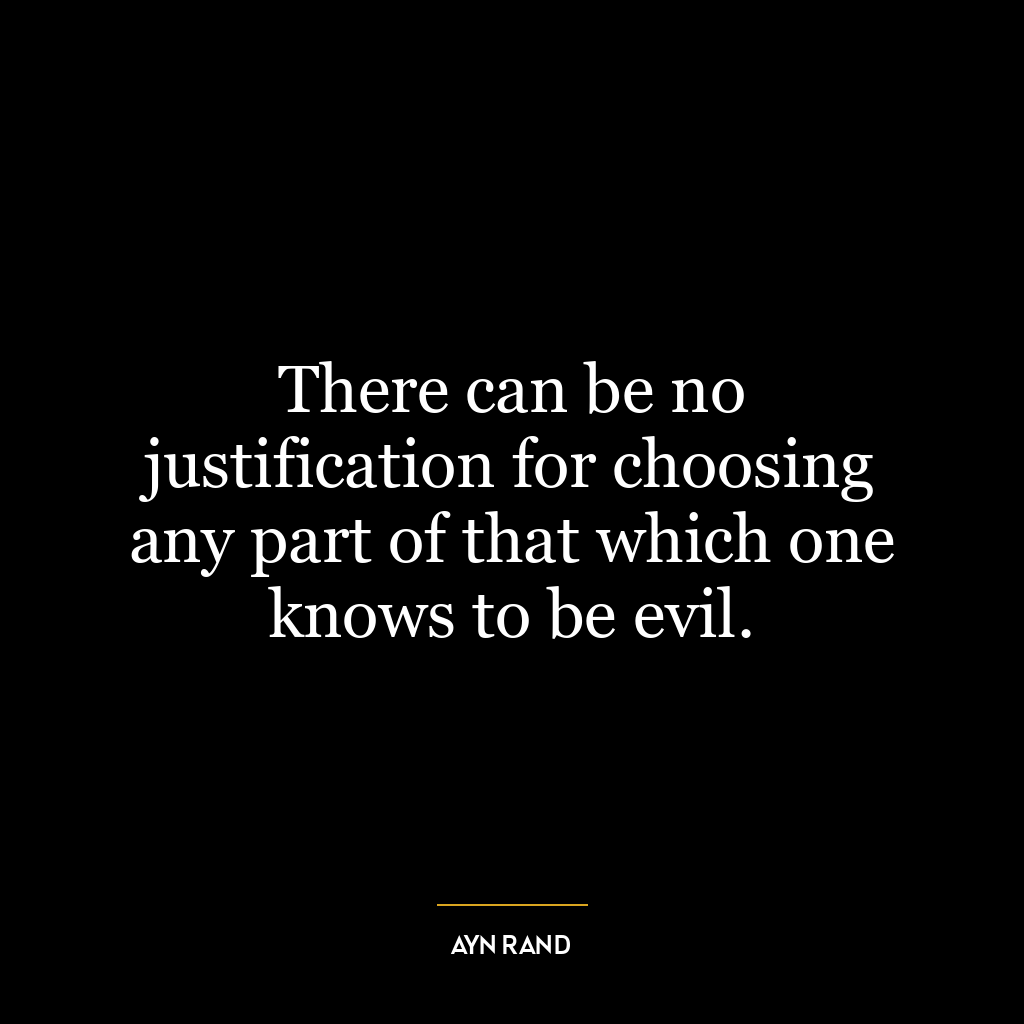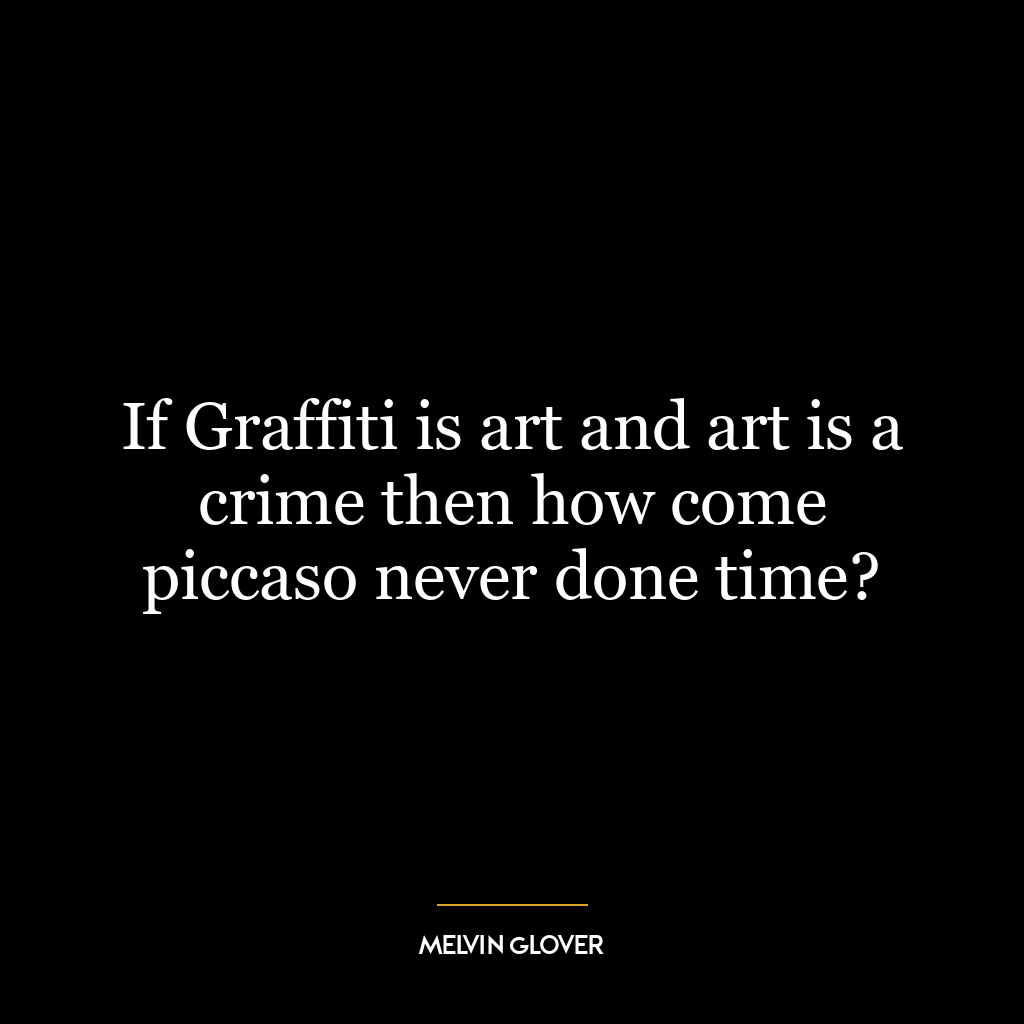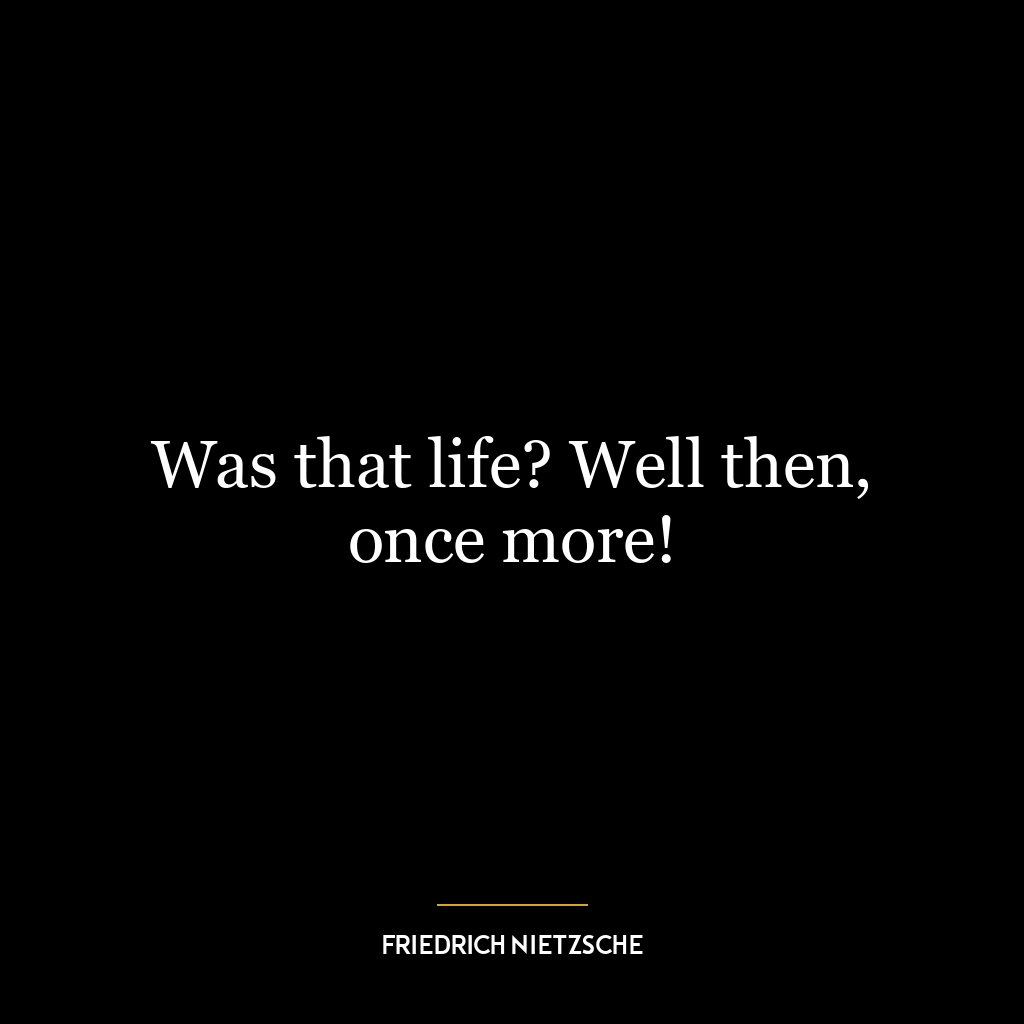'Rhetoric' Ideas
Rhetoric quotes are powerful statements that use persuasive language to influence and inspire individuals and society. Dating back to ancient Greece, rhetoric has been used by famous figures such as Aristotle and Cicero to sway public opinion and shape history. These quotes have had a profound impac…Read More
Rhetoric quotes are powerful statements that use persuasive language to influence and inspire individuals and society. Dating back to ancient Greece, rhetoric has been used by famous figures such as Aristotle and Cicero to sway public opinion and shape history. These quotes have had a profound impact on individuals, from political leaders to everyday people, by challenging their beliefs and motivating them to take action. Throughout history, rhetoric quotes have been used to spark revolutions, promote social change, and inspire greatness. Today, they continue to resonate and motivate people across the globe, reminding us of the power of words and the importance of effective communication.Read Less
Rhetoric quotes are powerful statements that use persuasive language to influence and inspire individuals and society. Dating back to ancient Greece, rhetoric has been used by famous figures such as Aristotle and Cicero to sway public opinion and shape history. These quotes have had a profound impact on individuals, from political leaders to everyday people, by challenging their beliefs and motivating them to take action. Throughout history, rhetoric quotes have been used to spark revolutions, promote social change, and inspire greatness. Today, they continue to resonate and motivate people across the globe, reminding us of the power of words and the importance of effective communication.
Narrow 'Rhetoric' Results By:
53 Acclaimed 'Rhetoric' Quotations and Sayings
Rhetoric – Symbolic Value
Rhetoric is a powerful tool that has been used throughout history to persuade, influence, and inspire others. It is the art of using language effectively and persuasively to convey a message or argument. The word “rhetoric” comes from the Greek word “rhetorike” which means the art of speaking or writing effectively. In quotes, rhetoric is often portrayed as a symbol of power, intelligence, and influence.One of the most famous quotes about rhetoric comes from Aristotle, who said, “Rhetoric is the art of discovering, in any particular case, all of the available means of persuasion.” This quote highlights the symbolic value of rhetoric as a means of persuasion. It suggests that rhetoric is not just about using words, but also about understanding the audience and finding the most effective way to persuade them.
Rhetoric – Cultural and Historical Significance
Rhetoric has played a significant role in shaping cultures and societies throughout history. In ancient Greece, rhetoric was considered a crucial skill for politicians and leaders. It was seen as a way to gain power and influence over others. In fact, the ancient Greeks believed that rhetoric was essential for a well-functioning democracy.In the 18th and 19th centuries, rhetoric was used extensively in political speeches and debates. Figures like Abraham Lincoln and Winston Churchill were known for their powerful use of rhetoric to inspire and motivate their audiences. This shows the cultural and historical significance of rhetoric as a tool for leadership and persuasion.
Rhetoric – Common Themes in Motivational Contexts
Rhetoric is often used in motivational contexts, such as speeches, presentations, and advertisements. In these contexts, the goal is to inspire and motivate the audience to take action. One common theme in motivational rhetoric is the use of emotional appeals. This can include using powerful language, storytelling, and creating a sense of urgency.Another common theme in motivational rhetoric is the use of repetition. This technique involves repeating key phrases or ideas to reinforce them in the minds of the audience. This can be seen in famous quotes like Martin Luther King Jr.’s “I have a dream” speech, where he repeats this phrase throughout to emphasize his vision for a better future.
Rhetoric – Portrayal in Art and Media
Rhetoric has also been portrayed in various forms of art and media. In literature, rhetoric is often used to create memorable and impactful speeches or dialogues. In Shakespeare’s plays, for example, characters use rhetoric to persuade and manipulate others. In film and television, rhetoric is often used in powerful monologues or speeches to convey a character’s beliefs or motivations.In the world of advertising, rhetoric is used to sell products and ideas. Advertisements often use persuasive language and emotional appeals to convince consumers to buy a product or support a cause. This shows the widespread use of rhetoric in our daily lives, even in the media we consume.
Rhetoric – Impact on Understanding of Life and Society
Rhetoric has a significant impact on our understanding of life and society. It shapes our beliefs, values, and perceptions of the world around us. In politics, rhetoric can be used to sway public opinion and influence policies. In business, it can be used to market products and shape consumer behavior. In personal relationships, rhetoric can be used to communicate effectively and resolve conflicts.However, rhetoric can also be used to manipulate and deceive. In the words of George Orwell, “Political language…is designed to make lies sound truthful and murder respectable, and to give an appearance of solidity to pure wind.” This quote highlights the potential dangers of rhetoric when used for nefarious purposes.In conclusion, rhetoric is a powerful and multifaceted concept that appears in quotes as a symbol of influence, a tool for persuasion, and a means of understanding life and society. It has a rich cultural and historical significance and continues to play a significant role in our daily lives. Whether used for good or ill, rhetoric remains a fundamental aspect of human communication and expression.

